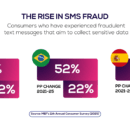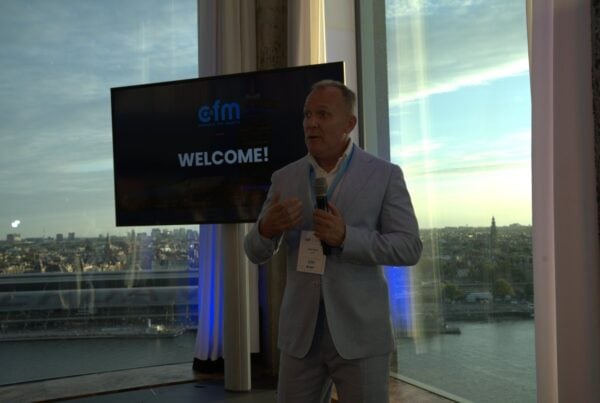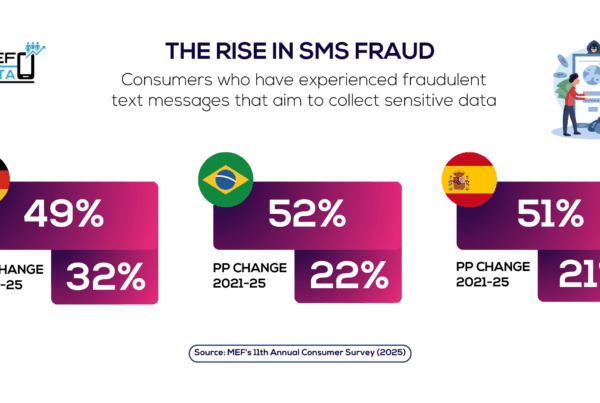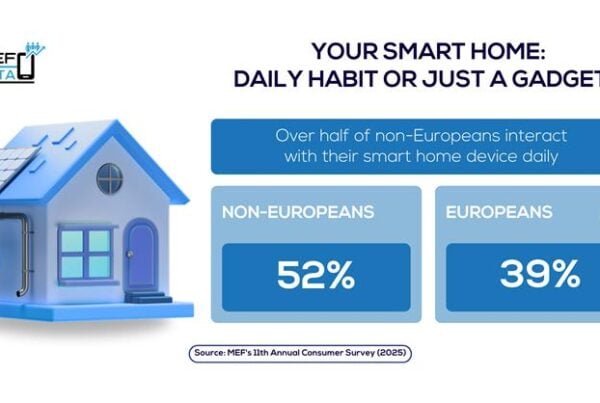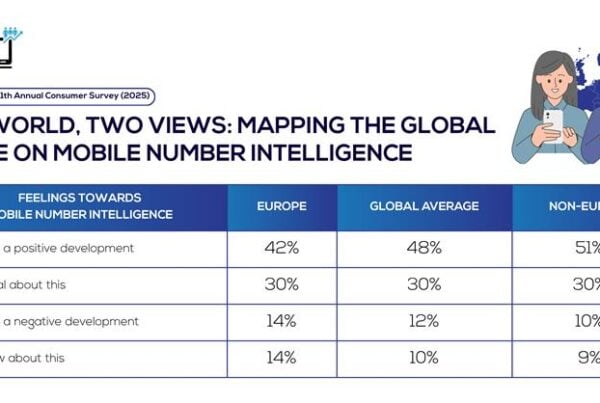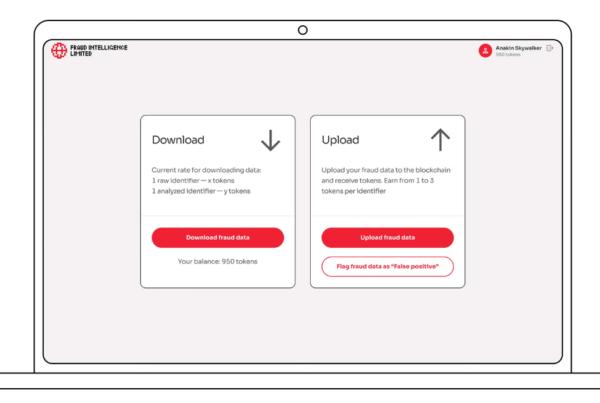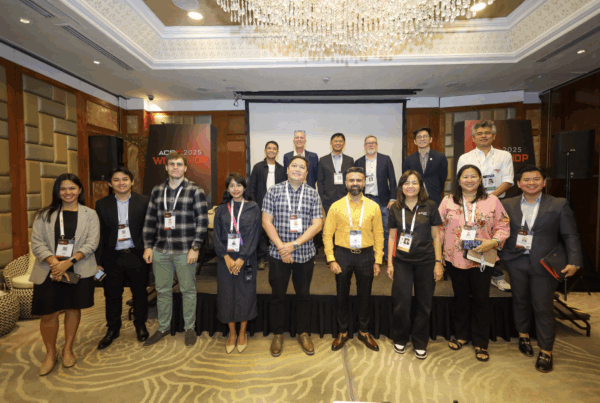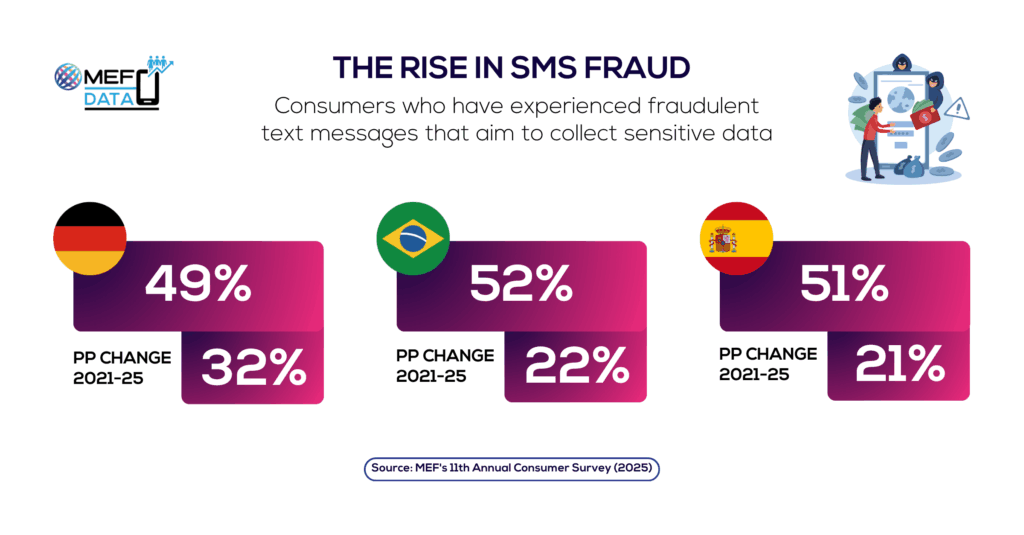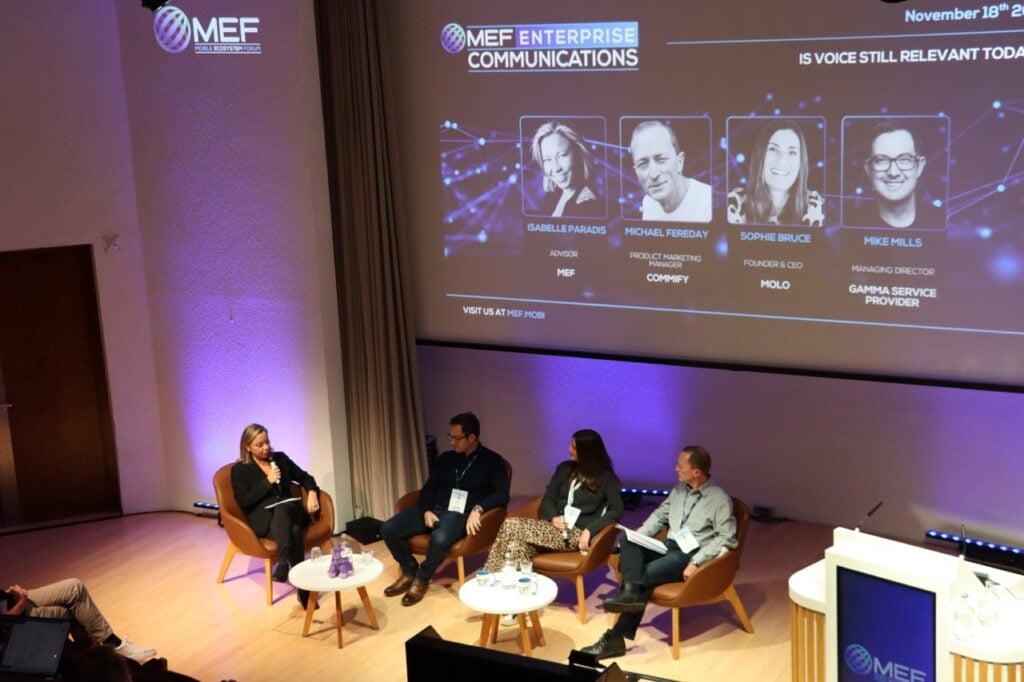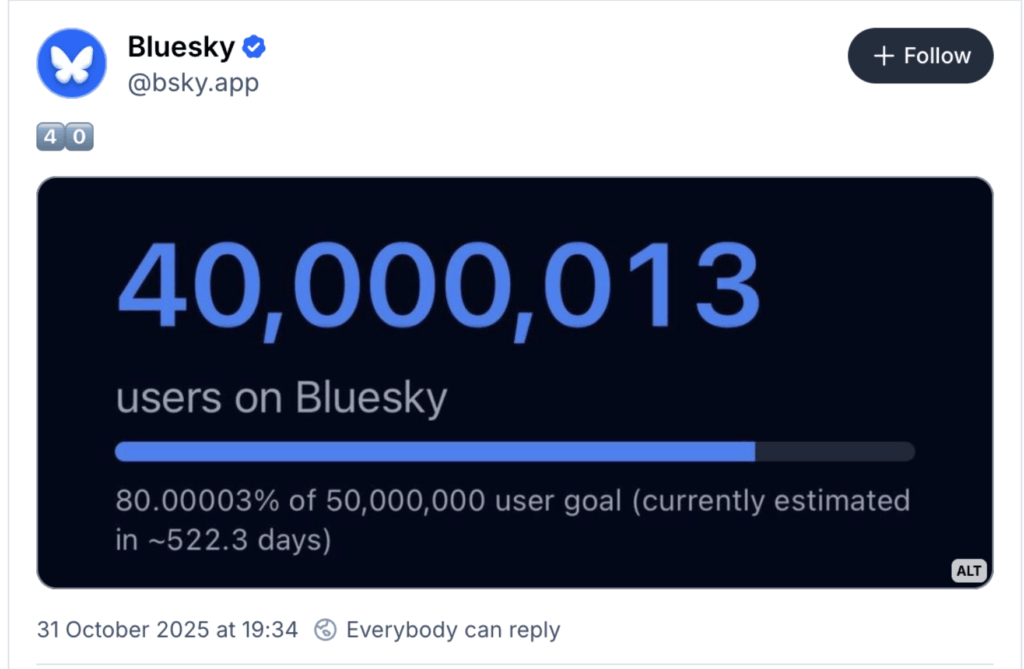MEF BUSINESS NEWS 26 NOV 2025 Wall Street Bets on Rate-Cut, UK Gilts Slide Ahead of Budget US stock futures climbed ahead of Thanksgiving as investors bet on a possible Federal Reserve rate cut, with the S&P 500 set to extend a three-day rally led by rebounding tech shares. Optimism grew after economic data showed signs of softness and Kevin Hassett, a perceived dovish candidate for Fed chair, gained traction. Traders are now pricing in a 90% chance of a December rate cut, reflecting hopes that looser policy could support growth after recent market jitters over stretched AI valuations. Across the Atlantic, UK gilts slipped ahead of Chancellor Rachel Reeves’ Budget, as investors weigh her fiscal credibility and the need to reassure MPs and gilt markets alike. ——————- Hassett Rises as Trump’s Pick to Steer the Fed Donald Trump’s advisers say Kevin Hassett has suddenly emerged as the leading contender to run the Federal Reserve, Bloomberg reports. The appointment would shift the central bank sharply toward faster interest-rate cuts. The move broke as the White House accelerates its search to replace Jerome Powell, after months of tension over the Fed’s pace on lowering borrowing costs. The stakes are large: a new chair could set U.S. monetary policy for more than a decade, reshaping credit markets, digital payments, and the mobile finance ecosystem that depends on cheap capital to grow. Treasury yields fell on the news, reflecting expectations of a more dovish Fed. Hassett, a Trump loyalist and National Economic Council director, has already said he’d be cutting rates “right now,” and he’s criticized the Fed for losing control of inflation after the pandemic. He’s now on a short list of five candidates heading into final interviews, with Trump hinting a decision could come before Christmas—though he remains unpredictable to the end. —————— UK Mid-Earners Brace For Reeves’ Budget ‘Stealth Tax’ Britons earning around £50,000 could face a sharper tax bite as Chancellor Rachel Reeves presents her Budget today. The plan extends a freeze on income tax thresholds, a so-called “stealth tax” that gradually pulls workers into higher rates as wages rise, hitting mid-earners harder than the very rich. By 2030, those at the 70th percentile could see their effective tax rate rise 1.5 percentage points, while top earners see less than half that. Lower earners aren’t spared: households just above the basic rate threshold could see a 2-point rise, though universal credit can soften the impact. The freeze is a subtle way to raise revenue while avoiding headline tax hikes — a careful balancing act amid growing public scrutiny. ——————- UK Minimum Wage Rises 4.1%, Inflation Goals at Risk Britain’s minimum wage for workers aged 21 and over is rising 4.1% to £12.71 an hour, Chancellor Rachel Reeves announced ahead of today’s Budget. The increase is designed to help low earners struggling with the cost of living, but economists warn it could stoke inflation and hurt youth employment, where nearly 13% of 18-to-24-year-olds are already out of work. The rise, part of a broader package including frozen rail fares and expected energy bill cuts, highlights a tension in Reeves’ agenda: boosting household incomes while keeping inflation in check. Small businesses, which employ many minimum-wage staff, face higher labor costs, making hiring riskier. ———————- Merz Tells Industry to Brace for a Slow Turn in Germany’s Recovery Germany’s Chancellor Friedrich Merz is urging corporate leaders to stay patient, saying his economic reforms need more time to lift the country out of its sluggish growth. He’s breaking his silence as pressure builds — GDP is barely moving, and forecasts for 2026 sit at just about 1% despite a heavy, debt-funded investment push. For industries built around mobile tech and digital infrastructure, the signal is clear: Berlin still sees long-term transformation as the path to recovery, not quick fiscal maneuvers. Coalition tensions flare over pension reform and polls show the far-right AfD gaining ground. And with his thin parliamentary majority wobbling, Merz insists he won’t shift priorities or bow to political noise. ———————— VW’s Workforce Cuts Slow, But Digital Drive Rolls On Volkswagen’s job-cut program in Germany is hitting a slowdown, with fewer employees volunteering to leave, leaving the company 10,000 short of its 35,000 reduction target by 2030. The shake-up, part of a cost-cutting drive amid rising US tariffs and losses at Porsche, underscores pressure on the automotive giant to become leaner and more digitally agile. Of 25,000 exits agreed since early 2024, only 1,000 happened in the third quarter, though the plan remains on track with early retirements and voluntary departures. Factory costs at key plants in Wolfsburg, Emden, and Zwickau have fallen 30% on average, highlighting efforts to streamline production — a crucial step as VW pivots toward EVs and connected mobility services. —— —— MEF MOBILE NEWS 26 NOV 2025 Altice Takes On Creditors in $26 Billion Debt War Altice USA, the US telecom arm of billionaire Patrick Drahi’s empire, is suing its own creditors, accusing them of forming an “illegal cartel” to push the company toward bankruptcy. The Manhattan lawsuit claims major lenders — including Apollo, BlackRock, JPMorgan, and Prudential — coordinated to block Altice from negotiating debt deals directly, forcing a costly $1 billion capital raise with higher interest rates. The case tests the limits of US antitrust law in distressed debt disputes, as Altice argues creditor “co-operation agreements” have gone too far, threatening corporate flexibility. With its market value below $1 billion and $26 billion in debt, Altice’s fight could set a precedent for how lenders negotiate with struggling companies ————— Samsung and SK Telecom Join Forces on AI-Powered 6G Samsung and SK Telecom announced a joint agreement to develop 6G core technologies — with a strong focus on AI‑based RAN (radio access network). This includes AI‑driven channel estimation, distributed MIMO, and AI‑powered network schedulers. The move underscores how the industry increasingly views AI not just as “added software,” but a core part of next‑gen network architecture — potentially reshaping how wireless networks operate in the 6G era. —— e& Urges Telecoms to Move Beyond Connectivity Telecom operator e& is calling on the industry to take back control of its role and deliver more value to customers, warning that operators risk becoming “invisible” as people care more about their smartphones than the networks behind them. The message came from Hatem Dowidar, group chief executive, speaking at the Middle East Telecoms Conference in Abu Dhabi. Dowidar highlighted areas where operators could assert influence, including private 5G networks, a regional artificial intelligence cloud in partnership with Amazon Web Services, and drone technology for delivery, traffic management, and public safety. He also stressed opportunities in digital banking and entertainment services, framing a vision for telecoms to act as technology platforms rather than just connectivity providers. ———- Ooredoo Flags AI Talent and Infrastructure Gaps The Qatar based operator Ooredoo says the rollout of artificial intelligence faces hurdles similar to the early days of mobile networks, with talent shortages and infrastructure gaps as major constraints. The comments came from Aziz Aluthman Fakhroo, group chief executive, speaking on stage with GSMA director general Vivek Badrinath at a telecoms event. Fakhroo compared AI’s current stage to the launch of 3G networks, noting telecoms and other industries are competing for scarce data scientists and AI experts. He also highlighted limitations in compute power, data centres, and connectivity, and warned that implementing AI in legacy systems remains complex. Ooredoo is focusing on operating as an infrastructure-focused company, rather than a full tech company, to address these challenges. ————————————- SoftBank and Nokia Test Super-FastTokyo 6G SoftBank has tested the 7-gigahertz frequency for future 6G networks in Tokyo’s busy Ginza district, using advanced base stations with Nokia. The trials showed strong coverage on streets and alleys, proving the band can handle dense urban networks. Akihiro Nakao, co-chair of the XG Mobile Promotion Forum, said the results pave the way for a global 7-gigahertz ecosystem through collaboration between industry, government, and academia. SoftBank says the band could deliver stable, high-capacity service for AI-driven urban applications. —— —— MEF TECH NEWS 26 NOV 2025 SoftBank Shares Plunge on OpenAI Worries SoftBank Group, the Japanese tech and investment giant, has seen its shares fall nearly 40% since late October over concerns about its massive stake in OpenAI. The company faces pressure after Alphabet launched its Gemini 3.0 AI, raising doubts about OpenAI’s lead. SoftBank’s founder, Masayoshi Son, has committed billions to OpenAI and AI chipmakers, including a $6.5 billion purchase of Ampere Computing and a near-total stake in Arm Holdings, underpinning devices from phones to servers. Analysts warn that rising competition and emerging chip architectures could make SoftBank’s AI bets risky, even as the company posted a surprise net income of 2.5 trillion yen in the last quarter. Shein in the Hot Seat: France Clamps Down Trouble is piling up for Chinese-owned retail giant Shein as French authorities move to temporarily ban its ecommerce site. The action follows the sale of illegal products, including weapons and child-like sex dolls, and comes just after Shein opened its first physical store in France amid protests. The French government is asking a judge to shut the platform for three months unless it meets strict conditions, while European lawmakers push for tougher toy safety rules and stricter policing of online marketplaces. Shein now faces mounting legal and regulatory pressure across Europe, threatening its fast-growing retail footprint. ———- Singapore’s AI Teddy Bear Is Back After Chat Scandal FoloToy, a Singapore-based toy company, has returned its AI-powered teddy bear to sale after it was pulled for giving unsolicited sexual advice and instructions on dangerous objects. The toy, Teddy Kumma, previously used OpenAI’s chatbot but now runs on ByteDance’s Coze bot. The removal followed a report by the U.S. PIRG Education Fund, which flagged inappropriate conversations including sexual roleplay and guidance on matches, knives, and pills. FoloToy describes the bear as an “AI-powered plush companion that goes beyond cuddles” and continues to sell it online, alongside other AI plush toys like pandas, cacti, and octopuses. ————- Uber and WeRide Launch Driverless Rides in Abu Dhabi Uber Technologies, the global ride-hailing giant, and WeRide, a Chinese autonomous vehicle developer, are now offering fully driverless rides on Yas Island in Abu Dhabi. Riders requesting UberX or Uber Comfort may be matched with a robotaxi in a 12-square-mile zone, nearly a year after the service began with safety drivers. The companies plan to expand coverage across Abu Dhabi and eventually Dubai, aiming to roll out autonomous services in 15 more cities worldwide. WeRide recently narrowed its quarterly losses to $43 million and holds self-driving permits in eight countries. —— ——
MEF BUSINESS NEWS 26 NOV 2025 Wall Street Bets on Rate-Cut, UK Gilts Slide Ahead of Budget US stock futures climbed ahead of Thanksgiving as investors bet on a possible Federal Reserve rate cut, with the S&P 500 set to extend a three-day rally led by rebounding tech shares. Optimism grew after economic data showed signs of softness and Kevin Hassett, a perceived dovish candidate for Fed chair, gained traction. Traders are now pricing in a 90% chance of a December rate cut, reflecting hopes that looser policy could support growth after recent market jitters over stretched AI valuations. Across the Atlantic, UK gilts slipped ahead of Chancellor Rachel Reeves’ Budget, as investors weigh her fiscal credibility and the need to reassure MPs and gilt markets alike. ——————- Hassett Rises as Trump’s Pick to Steer the Fed Donald Trump’s advisers say Kevin Hassett has suddenly emerged as the leading contender to run the Federal Reserve, Bloomberg reports. The appointment would shift the central bank sharply toward faster interest-rate cuts. The move broke as the White House accelerates its search to replace Jerome Powell, after months of tension over the Fed’s pace on lowering borrowing costs. The stakes are large: a new chair could set U.S. monetary policy for more than a decade, reshaping credit markets, digital payments, and the mobile finance ecosystem that depends on cheap capital to grow. Treasury yields fell on the news, reflecting expectations of a more dovish Fed. Hassett, a Trump loyalist and National Economic Council director, has already said he’d be cutting rates “right now,” and he’s criticized the Fed for losing control of inflation after the pandemic. He’s now on a short list of five candidates heading into final interviews, with Trump hinting a decision could come before Christmas—though he remains unpredictable to the end. —————— UK Mid-Earners Brace For Reeves’ Budget ‘Stealth Tax’ Britons earning around £50,000 could face a sharper tax bite as Chancellor Rachel Reeves presents her Budget today. The plan extends a freeze on income tax thresholds, a so-called “stealth tax” that gradually pulls workers into higher rates as wages rise, hitting mid-earners harder than the very rich. By 2030, those at the 70th percentile could see their effective tax rate rise 1.5 percentage points, while top earners see less than half that. Lower earners aren’t spared: households just above the basic rate threshold could see a 2-point rise, though universal credit can soften the impact. The freeze is a subtle way to raise revenue while avoiding headline tax hikes — a careful balancing act amid growing public scrutiny. ——————- UK Minimum Wage Rises 4.1%, Inflation Goals at Risk Britain’s minimum wage for workers aged 21 and over is rising 4.1% to £12.71 an hour, Chancellor Rachel Reeves announced ahead of today’s Budget. The increase is designed to help low earners struggling with the cost of living, but economists warn it could stoke inflation and hurt youth employment, where nearly 13% of 18-to-24-year-olds are already out of work. The rise, part of a broader package including frozen rail fares and expected energy bill cuts, highlights a tension in Reeves’ agenda: boosting household incomes while keeping inflation in check. Small businesses, which employ many minimum-wage staff, face higher labor costs, making hiring riskier. ———————- Merz Tells Industry to Brace for a Slow Turn in Germany’s Recovery Germany’s Chancellor Friedrich Merz is urging corporate leaders to stay patient, saying his economic reforms need more time to lift the country out of its sluggish growth. He’s breaking his silence as pressure builds — GDP is barely moving, and forecasts for 2026 sit at just about 1% despite a heavy, debt-funded investment push. For industries built around mobile tech and digital infrastructure, the signal is clear: Berlin still sees long-term transformation as the path to recovery, not quick fiscal maneuvers. Coalition tensions flare over pension reform and polls show the far-right AfD gaining ground. And with his thin parliamentary majority wobbling, Merz insists he won’t shift priorities or bow to political noise. ———————— VW’s Workforce Cuts Slow, But Digital Drive Rolls On Volkswagen’s job-cut program in Germany is hitting a slowdown, with fewer employees volunteering to leave, leaving the company 10,000 short of its 35,000 reduction target by 2030. The shake-up, part of a cost-cutting drive amid rising US tariffs and losses at Porsche, underscores pressure on the automotive giant to become leaner and more digitally agile. Of 25,000 exits agreed since early 2024, only 1,000 happened in the third quarter, though the plan remains on track with early retirements and voluntary departures. Factory costs at key plants in Wolfsburg, Emden, and Zwickau have fallen 30% on average, highlighting efforts to streamline production — a crucial step as VW pivots toward EVs and connected mobility services. —— —— MEF MOBILE NEWS 26 NOV 2025 Altice Takes On Creditors in $26 Billion Debt War Altice USA, the US telecom arm of billionaire Patrick Drahi’s empire, is suing its own creditors, accusing them of forming an “illegal cartel” to push the company toward bankruptcy. The Manhattan lawsuit claims major lenders — including Apollo, BlackRock, JPMorgan, and Prudential — coordinated to block Altice from negotiating debt deals directly, forcing a costly $1 billion capital raise with higher interest rates. The case tests the limits of US antitrust law in distressed debt disputes, as Altice argues creditor “co-operation agreements” have gone too far, threatening corporate flexibility. With its market value below $1 billion and $26 billion in debt, Altice’s fight could set a precedent for how lenders negotiate with struggling companies ————— Samsung and SK Telecom Join Forces on AI-Powered 6G Samsung and SK Telecom announced a joint agreement to develop 6G core technologies — with a strong focus on AI‑based RAN (radio access network). This includes AI‑driven channel estimation, distributed MIMO, and AI‑powered network schedulers. The move underscores how the industry increasingly views AI not just as “added software,” but a core part of next‑gen network architecture — potentially reshaping how wireless networks operate in the 6G era. —— e& Urges Telecoms to Move Beyond Connectivity Telecom operator e& is calling on the industry to take back control of its role and deliver more value to customers, warning that operators risk becoming “invisible” as people care more about their smartphones than the networks behind them. The message came from Hatem Dowidar, group chief executive, speaking at the Middle East Telecoms Conference in Abu Dhabi. Dowidar highlighted areas where operators could assert influence, including private 5G networks, a regional artificial intelligence cloud in partnership with Amazon Web Services, and drone technology for delivery, traffic management, and public safety. He also stressed opportunities in digital banking and entertainment services, framing a vision for telecoms to act as technology platforms rather than just connectivity providers. ———- Ooredoo Flags AI Talent and Infrastructure Gaps The Qatar based operator Ooredoo says the rollout of artificial intelligence faces hurdles similar to the early days of mobile networks, with talent shortages and infrastructure gaps as major constraints. The comments came from Aziz Aluthman Fakhroo, group chief executive, speaking on stage with GSMA director general Vivek Badrinath at a telecoms event. Fakhroo compared AI’s current stage to the launch of 3G networks, noting telecoms and other industries are competing for scarce data scientists and AI experts. He also highlighted limitations in compute power, data centres, and connectivity, and warned that implementing AI in legacy systems remains complex. Ooredoo is focusing on operating as an infrastructure-focused company, rather than a full tech company, to address these challenges. ————————————- SoftBank and Nokia Test Super-FastTokyo 6G SoftBank has tested the 7-gigahertz frequency for future 6G networks in Tokyo’s busy Ginza district, using advanced base stations with Nokia. The trials showed strong coverage on streets and alleys, proving the band can handle dense urban networks. Akihiro Nakao, co-chair of the XG Mobile Promotion Forum, said the results pave the way for a global 7-gigahertz ecosystem through collaboration between industry, government, and academia. SoftBank says the band could deliver stable, high-capacity service for AI-driven urban applications. —— —— MEF TECH NEWS 26 NOV 2025 SoftBank Shares Plunge on OpenAI Worries SoftBank Group, the Japanese tech and investment giant, has seen its shares fall nearly 40% since late October over concerns about its massive stake in OpenAI. The company faces pressure after Alphabet launched its Gemini 3.0 AI, raising doubts about OpenAI’s lead. SoftBank’s founder, Masayoshi Son, has committed billions to OpenAI and AI chipmakers, including a $6.5 billion purchase of Ampere Computing and a near-total stake in Arm Holdings, underpinning devices from phones to servers. Analysts warn that rising competition and emerging chip architectures could make SoftBank’s AI bets risky, even as the company posted a surprise net income of 2.5 trillion yen in the last quarter. Shein in the Hot Seat: France Clamps Down Trouble is piling up for Chinese-owned retail giant Shein as French authorities move to temporarily ban its ecommerce site. The action follows the sale of illegal products, including weapons and child-like sex dolls, and comes just after Shein opened its first physical store in France amid protests. The French government is asking a judge to shut the platform for three months unless it meets strict conditions, while European lawmakers push for tougher toy safety rules and stricter policing of online marketplaces. Shein now faces mounting legal and regulatory pressure across Europe, threatening its fast-growing retail footprint. ———- Singapore’s AI Teddy Bear Is Back After Chat Scandal FoloToy, a Singapore-based toy company, has returned its AI-powered teddy bear to sale after it was pulled for giving unsolicited sexual advice and instructions on dangerous objects. The toy, Teddy Kumma, previously used OpenAI’s chatbot but now runs on ByteDance’s Coze bot. The removal followed a report by the U.S. PIRG Education Fund, which flagged inappropriate conversations including sexual roleplay and guidance on matches, knives, and pills. FoloToy describes the bear as an “AI-powered plush companion that goes beyond cuddles” and continues to sell it online, alongside other AI plush toys like pandas, cacti, and octopuses. ————- Uber and WeRide Launch Driverless Rides in Abu Dhabi Uber Technologies, the global ride-hailing giant, and WeRide, a Chinese autonomous vehicle developer, are now offering fully driverless rides on Yas Island in Abu Dhabi. Riders requesting UberX or Uber Comfort may be matched with a robotaxi in a 12-square-mile zone, nearly a year after the service began with safety drivers. The companies plan to expand coverage across Abu Dhabi and eventually Dubai, aiming to roll out autonomous services in 15 more cities worldwide. WeRide recently narrowed its quarterly losses to $43 million and holds self-driving permits in eight countries. —— ——







